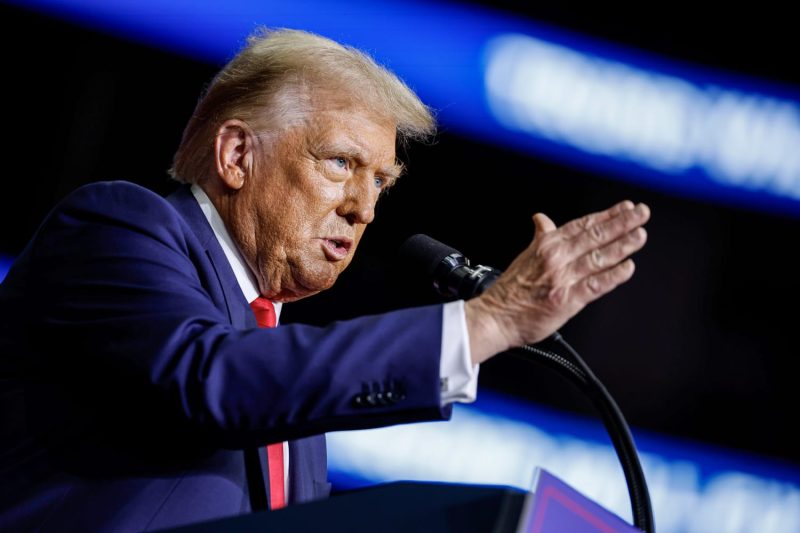In the realm of international trade, the recent escalation in tariff threats by President Donald Trump has prompted a frenzied response among American businesses. These threats have sent shockwaves through industries across the United States, leading companies to swiftly mobilize in search of lobbyists and loopholes in order to mitigate the potential impacts on their bottom lines.
One of the key strategies that businesses are employing is turning to lobbyists to represent their interests in Washington, D.C. Lobbyists serve as intermediaries between companies and government officials, advocating on behalf of their clients to shape trade policies that are more favorable to their business operations. By enlisting the expertise and connections of seasoned lobbyists, companies hope to navigate the complex political landscape and influence decision-making processes in their favor.
In addition to seeking out lobbying support, U.S. companies are also exploring various loopholes and workarounds to evade the brunt of impending tariffs. Some businesses are reassessing their supply chains and production processes to minimize exposure to tariffs, such as shifting manufacturing operations to countries not targeted by Trump’s trade policies. By strategically restructuring their operations, companies aim to sidestep the financial repercussions of increased tariffs and maintain competitiveness in a challenging trade environment.
Furthermore, some companies are focusing on leveraging existing trade agreements to safeguard their interests amidst the tariff threats. Under existing trade pacts, companies can benefit from reduced or eliminated tariffs on products exported to specific countries, providing a valuable advantage in mitigating the impact of new tariffs. By capitalizing on these trade agreements, U.S. businesses can access overseas markets more competitively and circumvent potential losses resulting from tariff hikes.
Moreover, technology companies are actively engaging in efforts to secure exemptions from tariffs by highlighting the innovation and economic contributions of their products. Tech giants are emphasizing the role of their cutting-edge technologies in driving economic growth and fostering job creation, positioning themselves as indispensable players in the global marketplace. Through strategic advocacy and showcasing the value of their products, technology companies aim to carve out exemptions from tariffs and protect their competitive edge in the face of trade uncertainties.
Overall, the escalating tariff threats initiated by President Trump have catalyzed a wave of proactive responses from U.S. businesses, compelling them to mobilize lobbyists, exploit loopholes, and optimize trade agreements to safeguard their interests. As companies navigate this volatile trade environment, the strategic deployment of these tactics will be crucial in preserving profitability and sustaining competitiveness in an increasingly complex global economy.
